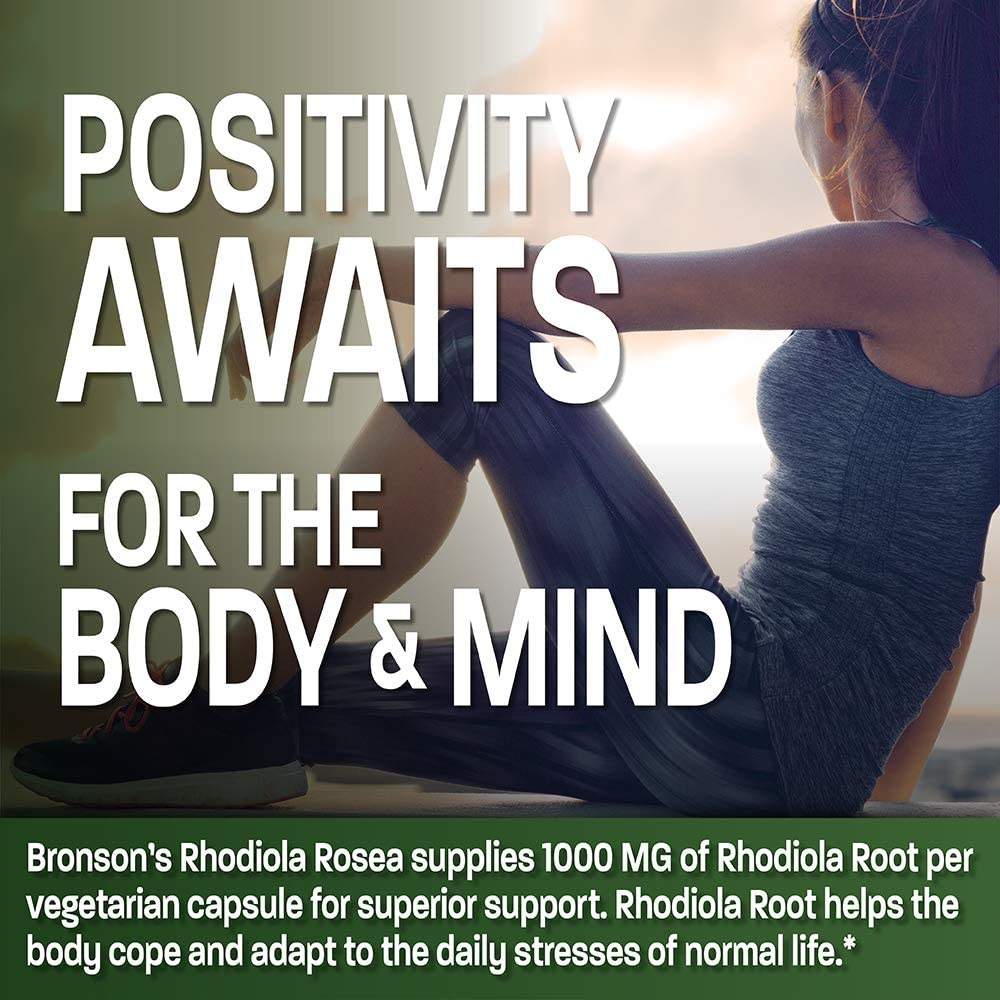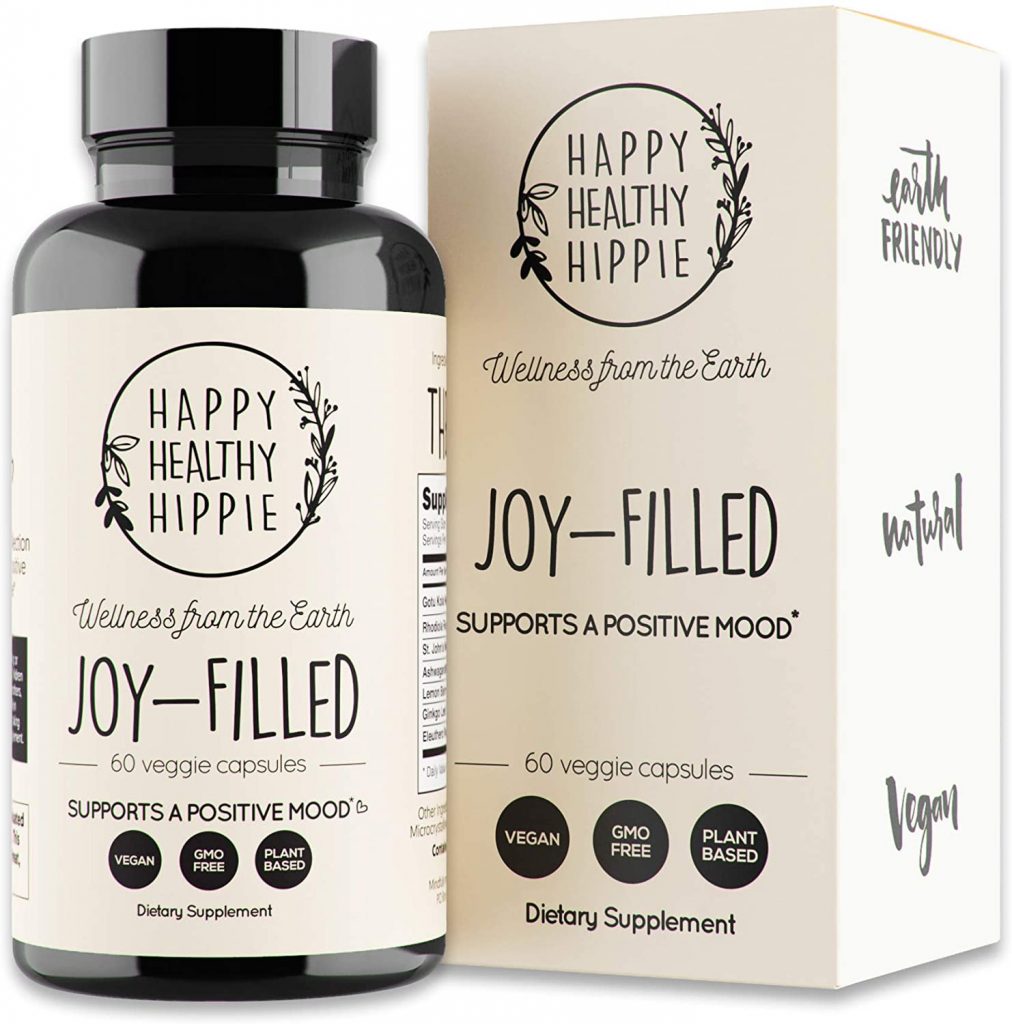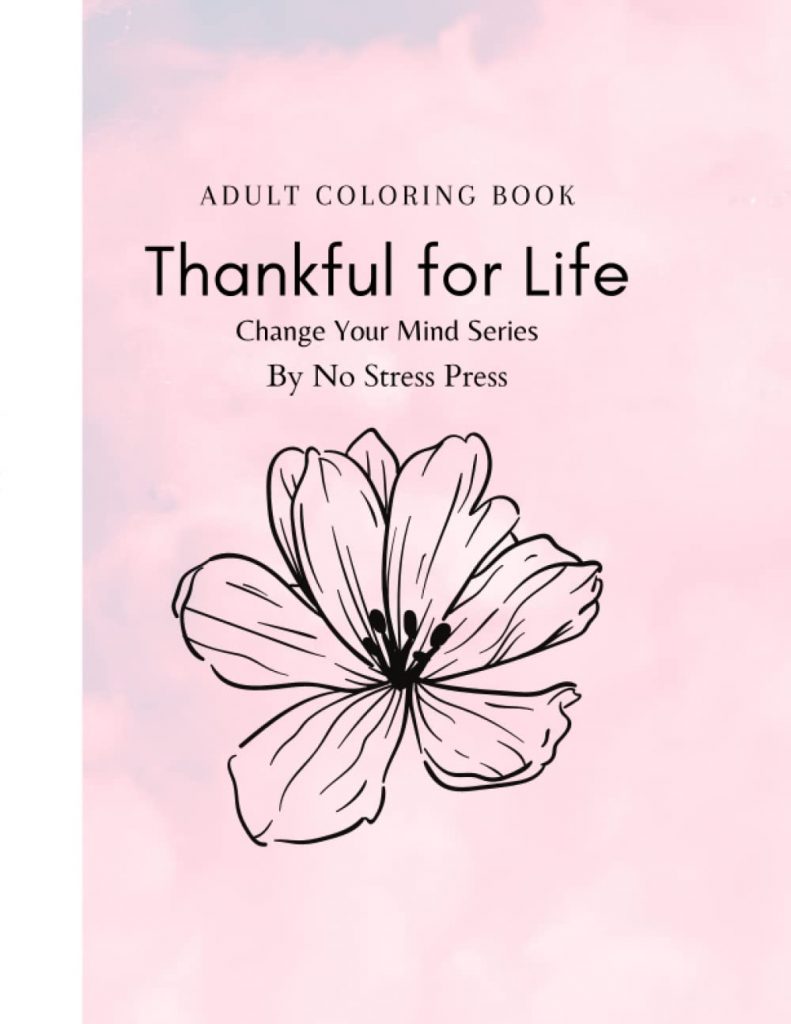Practice Gratitude and Thankfulness
You’ll be thankful that you made the change (and you’ll sleep better too)!
Sometimes things may happen that might make you feel a negative emotion. Feeling negative towards yourself or others is affecting you both physiologically and psychologically. In these moments, there are things that you can do to redirect that negative energy. When you start to feel sorry for yourself, it is a sign that you need a great big dose of thankfulness.
One of the most important things you can do is appreciate your life. Show thankfulness for your ability to live in that very moment and you will add to your lifeforce and the life forces of others. You are what you radiate and will attract what you radiate.
Scientifically proven benefits:
- Gratitude creates more relationships. Saying “thank you” shows good manners, and can help you win new friends, a 2014 study published in Emotion magazine. This study found that thanking a new associates makes them more likely to seek an ongoing relationship.
- Gratitude improves physical health. Grateful people experience fewer aches and pains and report feeling healthier than other people, according to a 2012 study published in Personalityand Individual Differences. Not surprisingly, grateful people are also more likely to take care of their health. They exercise more often and are more likely to attend regular check-ups, which is likely to contribute to further longevity.
- Gratitude improves psychological health. Gratitude reduces a multitude of toxic emotions, from envyand resentment to frustration and regret. Robert Emmons, a leading gratitude researcher, has conducted multiple studies on the link between gratitude and well-being. His research confirms that gratitude effectively increases happiness and reduces depression.
- Gratitude enhances empathyand reduces aggression. Grateful people are more likely to behave in a prosocial manner, even when others behave less kindly, according to a 2012 study by the University of Kentucky. Study participants who ranked higher on gratitude scales were less likely to retaliate against others, even when given negative feedback. They experienced more sensitivity and empathy toward other people and a decreased desire to seek revenge.
- Grateful people sleep better. Writing in a gratitude journal improves sleep, according to a 2011 study published in Applied Psychology: Health and Well-Being. Spend just 15 minutes jotting down a few grateful sentiments before bed, and you may sleep better and longer.
- Gratitude improves self-esteem. A 2014 study published in the Journal of Applied Sport Psychologyfound that gratitude increased athletes’ self-esteem, an essential component to optimal performance. Other studies have shown that gratitude reduces social comparisons. Rather than becoming resentful toward people who have more money or better jobs—a major factor in reduced self-esteem—grateful people are able to appreciate other people’s accomplishments.
- Gratitude increases mental strength. For years, research has shown gratitude not only reduces stress, but it may also play a major role in overcoming trauma. A 2006 study published inBehavior Research and Therapy found that Vietnam War veterans with higher levels of gratitude experienced lower rates of post-traumatic stress disorder. A 2003 study published in the Journal of Personality and Social Psychology found that gratitude was a major contributor to resilience following the terrorist attacks on September 11. Recognizing all that you have to be thankful for —even during the worst times—fosters resilience.
Small Steps to Increasing Your Thankfulness
- Throughout your day, say “I am thankful for my life,” as often as you can remember to say it. If possible, say it over and over for at least thirty seconds each time you remember to say it. For example, in your car, in the bathroom, before a nap, during a work-out are all good times to say how thankful you are.
- Smile for at least 30 seconds when you can. The act of smiling (whether real or fake) releases good neurochemicals in your brain (i. e. endorphins) that trigger a reduction in problematic neurochemicals. This all works to increase your life force making you feel better. Don’t just break out smiling in front of people for no reason…it’ll make you look crazy. The smiles are personal and should be done at appropriate times.
- Make as many physical steps as you can daily. Being active makes you feel good and vibrant.
- Know that every second is a new beginning! You can literally select a better feeling thought in each second of your life.
- Treat your feelings like a gauge that will keep you focusing on the best feeling you can feel in that moment. You may not be able to shake a bad feeling off instantly in the beginning, but just like with muscles, if you use your thankfulness muscle it will grow.
There are a few hobbies that you can develop to help foster more gratitude in your life.
- Adult coloring books that are centered on positive mantras. Adult coloring books have increased in popularity lately. I personally like the single-themed mantra for beginners trying to grow their thankfulness.
- Adult Coloring Book
- Have a relaxing cup of rose tea with a teaspoon of the rich superfood – Manuka Honey. Manuka honey has many great health benefits and it taste amazing.
- Rose Tea
- Manuka Honey
Remember, no one thing is going to bring you wholeness. You have to dedicate yourself to loving enough to pay attention to how you feel. Then you must make feeling better about yourself the most important thing you do!
Thank you for reading this post!
Be blessed!


